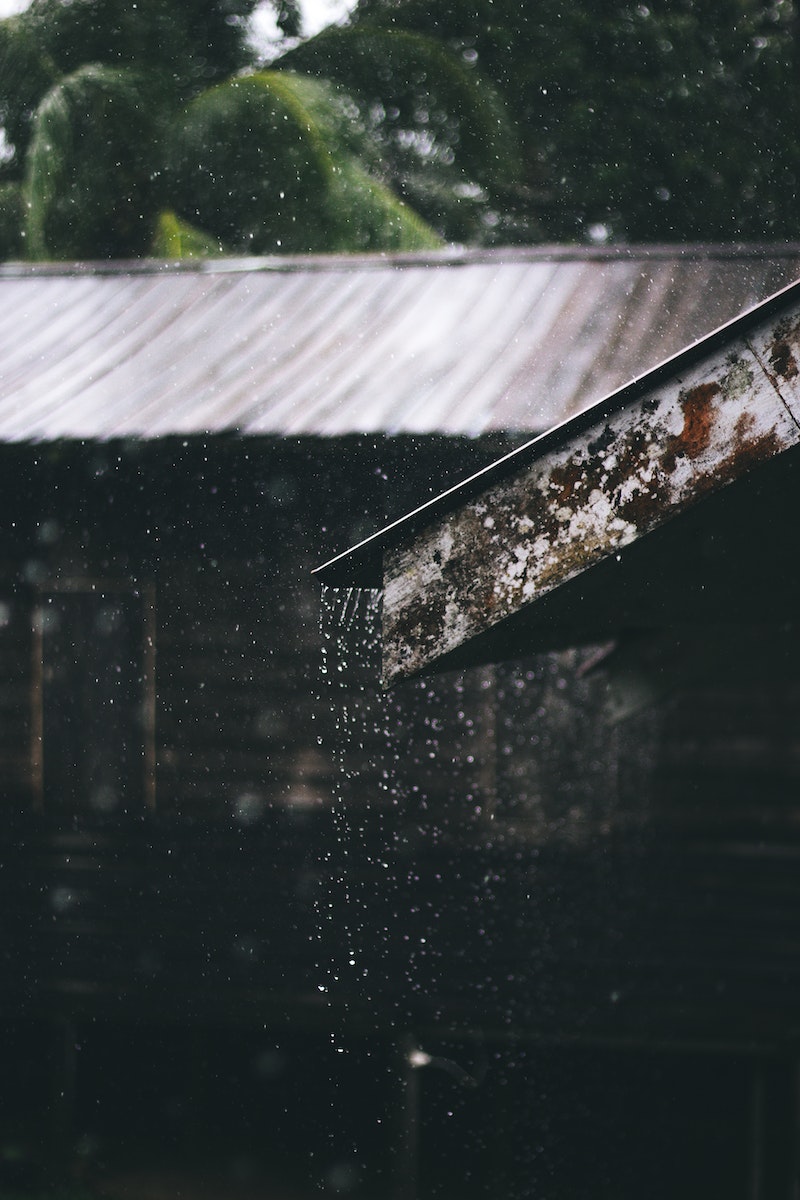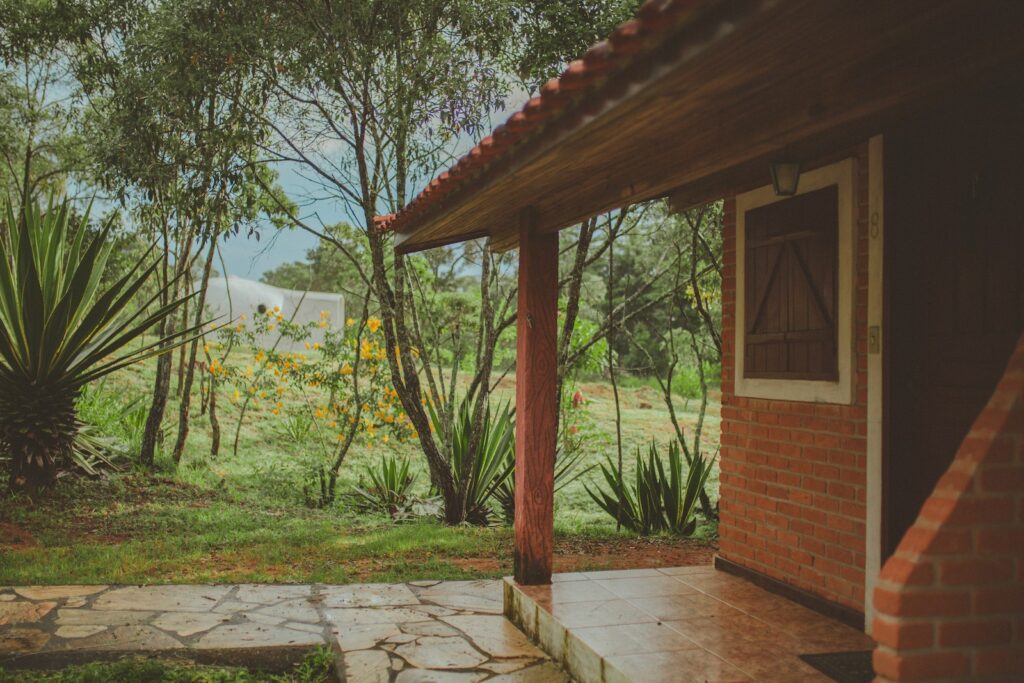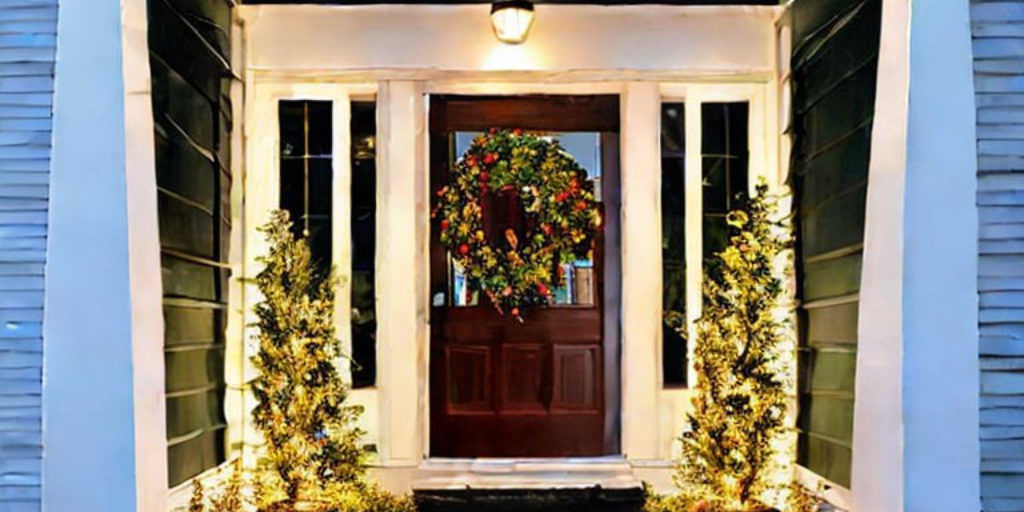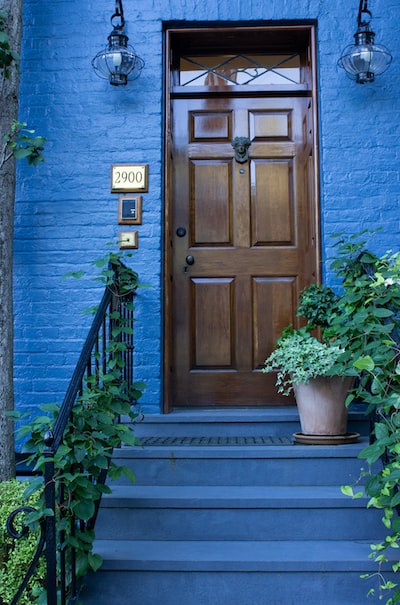Learn how to keep porch dry and prevent water damage with these easy-to-follow tips. Keep your porch clean and safe all year round. A porch is a great addition to any home, providing a comfortable space to enjoy the outdoors while still being protected from the elements.
However, if your porch is not properly maintained, it can quickly become a breeding ground for mold and mildew, and water damage can lead to costly repairs. In this article, we’ll provide you with some tips on how to keep your porch dry and prevent water damage.
How to keep porch dry?
Contents
Before we dive into the tips on how to keep your porch dry, let’s first understand why it’s important to do so.
- Prevent water damage: Water damage can cause costly repairs and mold growth, which can be hazardous to your health.
- Keep your porch clean: A dry porch is less likely to attract dirt, debris, and other pollutants.
- Protect your furniture: A wet porch can damage your furniture and other belongings, leading to costly replacements.
Now that we understand the importance of keeping your porch dry, let’s dive into the tips on how to do so.
Check for Leaks and Repair Them
The first step in keeping your porch dry is to identify any leaks and repair them. Water can seep through cracks and gaps in your porch, causing damage to the foundation and structure.
- Inspect your porch for any signs of leaks, such as water stains or mold growth.
- Check for any cracks or gaps in the foundation or walls and seal them with caulk or concrete sealant.
- Repair any damaged roofing or siding to prevent water from seeping through.
Keep Your Gutters Clean
Gutters are an essential part of any home’s drainage system, and they play a crucial role in keeping your porch dry. Clogged gutters can lead to water overflowing and spilling onto your porch, causing water damage.
- Clean your gutters regularly to prevent buildup and clogging.
- Install gutter guards to keep debris out of your gutters.
- Make sure your downspouts are directed away from your porch to prevent water from pooling.
Install a Drainage System
If your porch is prone to water buildup, consider installing a drainage system to prevent water from pooling.
- French drains are a common drainage system used to redirect water away from your porch. They are designed to channel water underground and away from your home.
- A trench drain is another option that involves digging a trench in your porch and installing a drainage system to collect and redirect water.
Use Waterproofing Products
Waterproofing products can help protect your porch from water damage and extend its lifespan.
- Apply a waterproof sealant to your porch to prevent water from seeping through the surface.
- Use a waterproofing membrane under your porch flooring to create a barrier between the subfloor and the surface.
- Consider using waterproof curtains or shades to protect your porch from rain and other elements.
Clean Your Porch Regularly
Regular cleaning is essential in preventing water damage and keeping your porch dry. Dirt, debris, and other pollutants can attract moisture and lead to mold growth.
- Sweep your porch regularly to remove dirt and debris.
- Use a pressure washer to clean your porch surface and remove any buildup.
- Clean your furniture and other belongings regularly to prevent mold growth.


What are the most common causes of porch water damage?
Porch water damage can be caused by a variety of factors, including:
- Poor drainage: If your porch does not have proper drainage, rainwater can accumulate and cause damage.
- Roof leaks: If your porch is attached to your home and the roof is damaged or leaks, water can seep into the porch area.
- Cracks or gaps: Over time, cracks or gaps in the porch surface can develop, allowing water to seep through.
- Faulty gutters or downspouts: If your gutters or downspouts are clogged or not functioning properly, rainwater can overflow onto your porch.
- Condensation: During humid weather, condensation can build up on the surface of your porch, causing water damage over time.
It’s important to identify the cause of your porch water damage to prevent it from happening in the future. Regular inspections and maintenance can help identify and address any issues before they become bigger problems.
Can mold growth be prevented on a wet porch?
Mold growth is a common problem in wet areas, including porches. Here are some tips to prevent mold growth on your wet porch:
- Keep the area dry: The best way to prevent mold growth is to keep your porch dry. If there are any wet spots or standing water, remove it immediately.
- Improve ventilation: Good ventilation can help prevent moisture buildup, which can lead to mold growth. Consider installing a ceiling fan or opening windows to improve air circulation.
- Use mold-resistant materials: If you’re renovating your porch or building a new one, consider using mold-resistant materials such as treated wood, mold-resistant drywall, or waterproof flooring.
- Regularly clean and maintain: Regular cleaning and maintenance can help prevent mold growth. Use a mild detergent and water to clean your porch regularly, and repair any leaks or damage as soon as possible.
Mold growth can not only damage your porch but also have health effects. Preventing mold growth is essential in maintaining a healthy and safe environment.
What are the benefits of keeping my porch dry?
Keeping your porch dry can provide a range of benefits, including:
- Extended lifespan: Moisture is one of the biggest enemies of outdoor structures. When your porch is constantly exposed to water, it can cause the materials to deteriorate and lead to costly repairs or replacement. By keeping your porch dry, you can extend its lifespan and save money in the long run.
- Improved safety: A wet porch can be a hazard, especially if it becomes slippery. By keeping your porch dry, you can prevent slips and falls, which can cause injuries.
- Increased home value: A well-maintained and dry porch can improve the overall appearance of your home and increase its value. If you plan on selling your home in the future, a dry porch can be a major selling point.
- Better air quality: A wet porch can create a damp environment that can lead to mold growth and other allergens. By keeping your porch dry, you can improve the air quality in and around your home.
- More enjoyable outdoor space: If you enjoy spending time on your porch, keeping it dry can make it a more comfortable and enjoyable space to relax and entertain.
In summary, keeping your porch dry can provide a range of benefits, from improving safety to increasing the value of your home. Regular maintenance and inspections can help identify and address any issues before they become bigger problems.
FAQs
Q: How can I tell if my porch has water damage?
A: Look for signs of water stains or mold growth. You may also notice a musty odor.
Q: How often should I clean my porch?
A: It’s recommended to clean your porch at least once a month, but more frequent cleaning may be necessary depending on the weather and amount of use.
Q: Can I prevent water damage without professional help?
A: Yes, many of the tips listed above can be done without professional help. However, if you suspect significant water damage or are unsure of how to proceed, it’s best to consult with a professional.
Final thoughts on how to keep porch dry
Knowing how to keep porch dry is essential in preventing water damage and protecting your home and belongings. By following the tips above, you can help extend the lifespan of your porch and keep it clean and safe all year round.
Remember to regularly inspect and clean your porch, address any leaks or damage, and consider installing a drainage system or using waterproofing products to help prevent water damage. With these simple steps, you can enjoy your porch with peace of mind.







